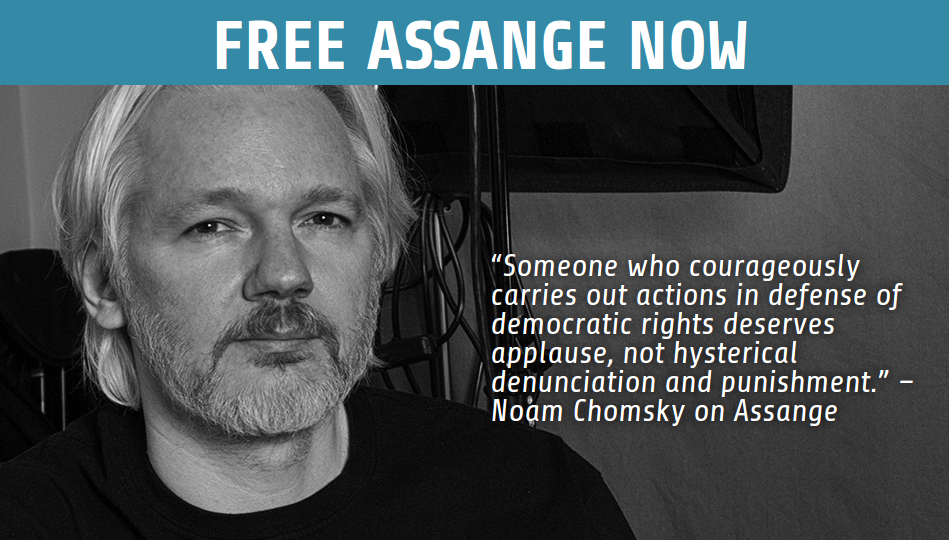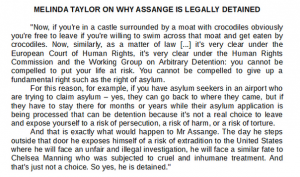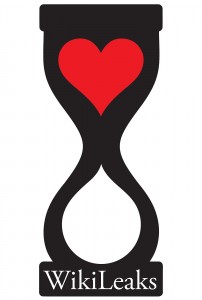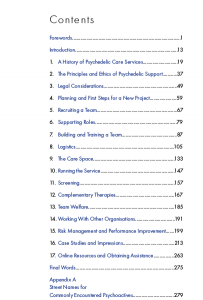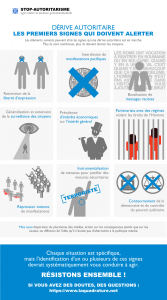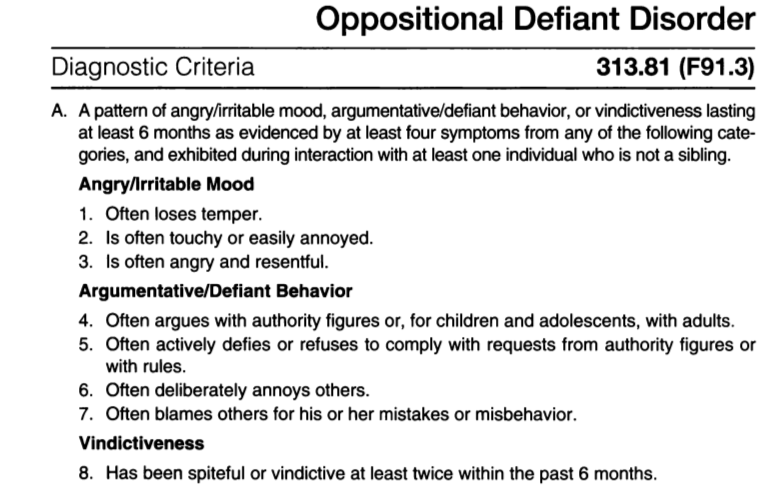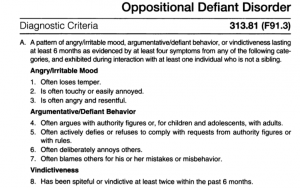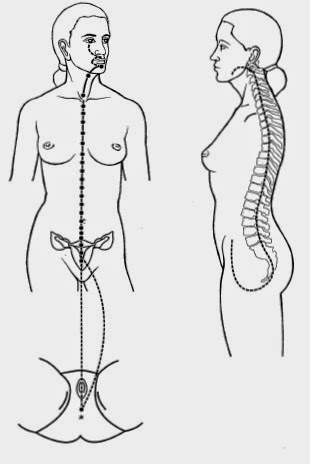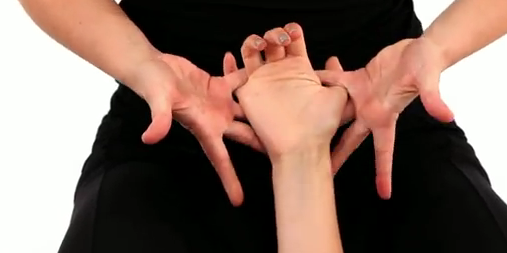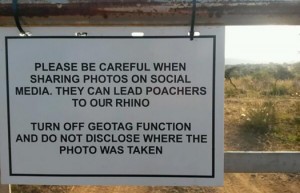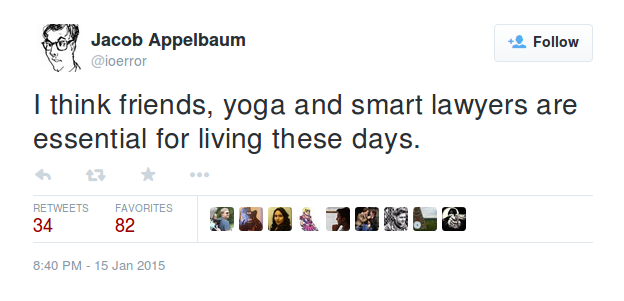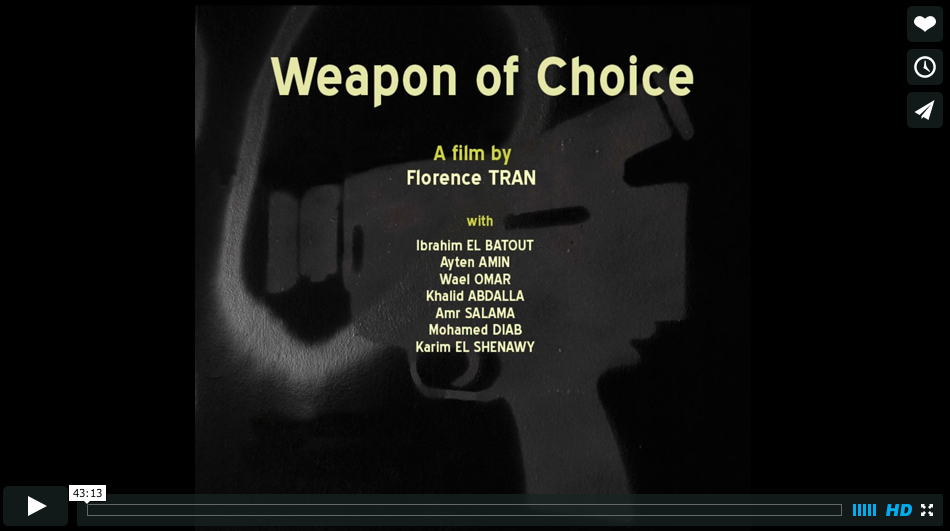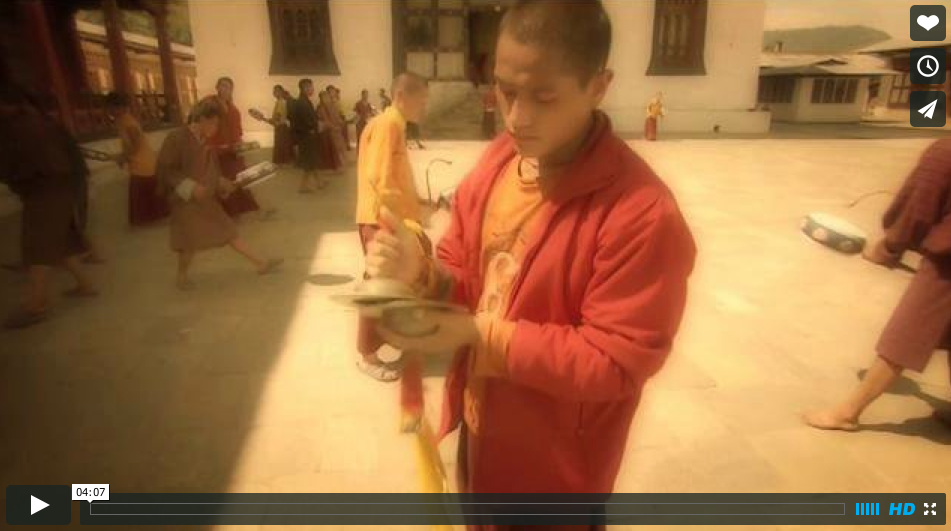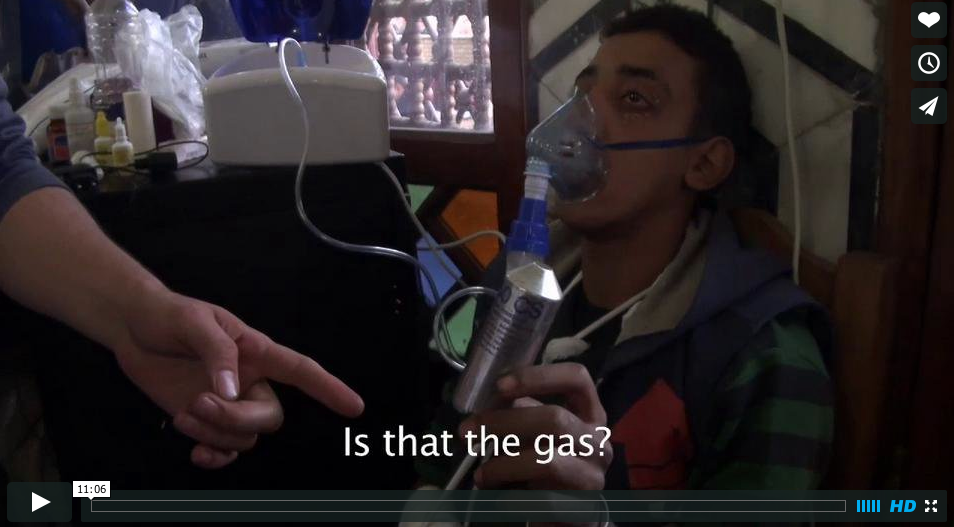
Chaleur, chaleur… Douceur, douceur…
Bienveillance-amour, sécurité…
Assurez vous de travailler dans une pièce chaude, n’hésitez pas à utiliser des sources de chaleur d’appoint (bouillotte) pour poser sur les zones que vous n’êtes pas directement en train de travailler, et des couvertures, qui renforceront le cocon. Il s’agit de relâcher la crispation musculaire-morale dans tout le corps, de faciliter la circulation sanguine, de fluidifier les pensées agglomérées.
Quand vous travaillez sur l’avant du corps, placez des coussins sous les genoux pour minimiser la courbure (et donc les tensions) lombaires. Quand vous travaillez sur le dos, vous pouvez mettre un petit coussin sous les hanches pour libérer un peu le ventre. Ne commencez plutôt pas par masser le ventre: Créez le lien, réconfortez d’abord, mettez en sécurité, en massant le dos au début.
Choisissez une huile nutritive, et plutôt neutre, assurez vous en tout cas que les senteurs lui conviennent, ne la perturbent ou ne l’entêtent pas. De manière générale, attention à ce qui pourrait choquer les sens (lumière, sons, etc.).
Comme chez la femme enceinte, n’employez pas de techniques d’acupressions profondes, douloureuses, ou qui pourrait provoquer le sursaut. Il y a bien des points d’acupuncture importants à masser pour soulager les troubles menstruels, mais selon moi ils sont plutôt à travailler avant dans le cycle (de préférence sur mesure au diagnostique individuel de chacune), pour les prévenir.
Apaisez, nourrissez, réconfortez, enveloppez, réchauffez, par la patience, le temps, et les paumes pleines. Ne zappez pas d’une zone à l’autre, c’est destabilisant. Souvenez vous que pour la femme réglée, tout tend à être amplifié. Offrez lui égalité et constance. Restez, prenez votre temps, au bon niveau de contact: vraiment présent, mais pas profond. Travaillez en cercles, généreux, amples et plus petits, en alternant les sens des aiguilles d’une montre, voire en privilégiant le sens des aiguilles d’une montre. La femme réglée perd du sang, donc de l’energie, tous ces conseils servent à s’assurer que le massage ne va pas la “vider” d’avantage.
Ouvrez les zones qui se sont resserrées sur elles-mêmes (lombaires, abdomen, épigastre) en “poussant” (voire techniques chinoises ci dessous) à paumes pleines vers l’extérieur. Ouvrez des directions pour que l’énergie se (re)distribue.
Pensez à la tête, au cuir chevelu, que vous pouvez peignez avec vos doigts, longtemps, comme une maman infatigable, du front à l’arrière du crâne, et surtout du front vers les deux tempes et toute la partie au dessus des oreilles (canal de la Vésicule Biliaire, pour les intimes). Posez vos mains chaudes en coupe sur le dessus du crâne, restez, transmettez de l’amour du ciel, faites fondre le gel, les soucis éternels, les pleurs comprimés sous la voûte, ouvrez la respiration par le crâne, et à défaut de le sentir, visualisez le.
Reliez tête et ventre en massant la ligne médiane avant du corps, lieu du canal extraordinaire Ren Mai, a.k.a mer du Yin, ou le Vaisseau Conception.
Ne permettez pas d’intrusion dans votre espace temps et ne l’abandonnez sous aucun prétexte, pour répondre au téléphone ou autre. C’est déjà déplacé en temps normal, pour une femme douloureuse, c’est un deal-breaker.
Si elle se présente accueillez sa parole (sacrée) mais ne vous mêlez pas d’avoir un avis, qui plus est psy: c’est rarement votre place + vous risquez de l’embrouiller dans ce moment déjà potentiellement sombre et hormonalement brumeux. Mon avis: Rien de tel qu’un moment de paix sur terre permis par la respectueuse réserve du praticien quand tout le monde dehors y va de son petit avis.

Principales techniques chinoises reçues et indiquées ici selon moi:
Génerales (tous niveaux)
ZHANG MO FA – Technique de pétrir en cercles avec paumes (dos, abdomen, côtes)
ZHANG PING TUI FA – Technique simple de pousser avec paume (dos, lombaires, ligne mediane avant du corps i.e. canal Ren Mai)
MU ZHI PING TUI FA – Technique simple de pousser avec le pouce (ligne mediane avant du corps, canal Ren Mai)
FEN TUI FA – Technique de pousser en séparant (abdomen, lombaires, epigastre, cage thoracique)
Locales (niveaux plus avancés = attention ne s’improvise pas trop, pratiquez et recevez le d’abord…)
ZHI TUI FA – Technique de pousser tout droit au pouce (entre nombril et pubis, le long de Ren Mai)
ZHI AN FA – Technique de pression au doigt, ici légère (points Ren Mai du sternum)
ZHANG CA FA – Technique de friction avec les paumes (côtes)
ZHENG FA – Technique de vibration avec la paume (attention niveau très avancé, contre-indiqué pour le/la praticien.ne si il/elle est faible ou fatiguée), sur l’abdomen, pour l’utérus, le dantian de la femme.

